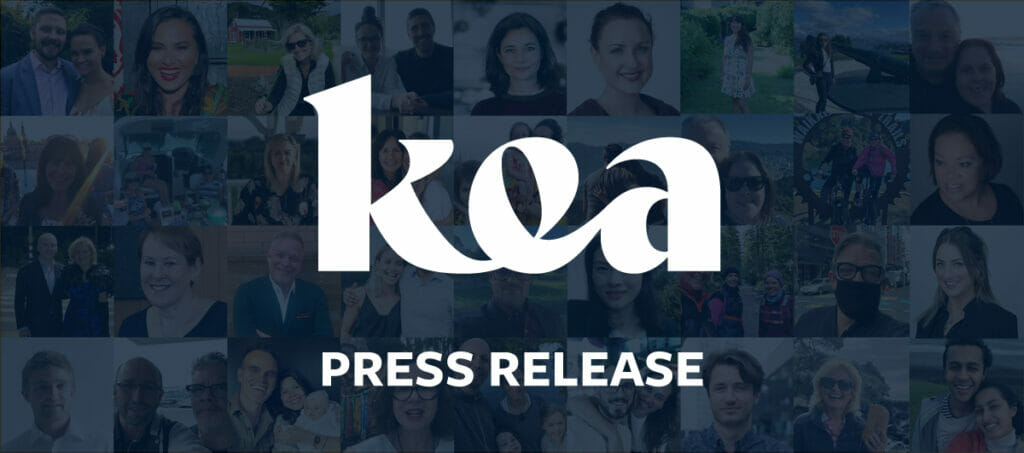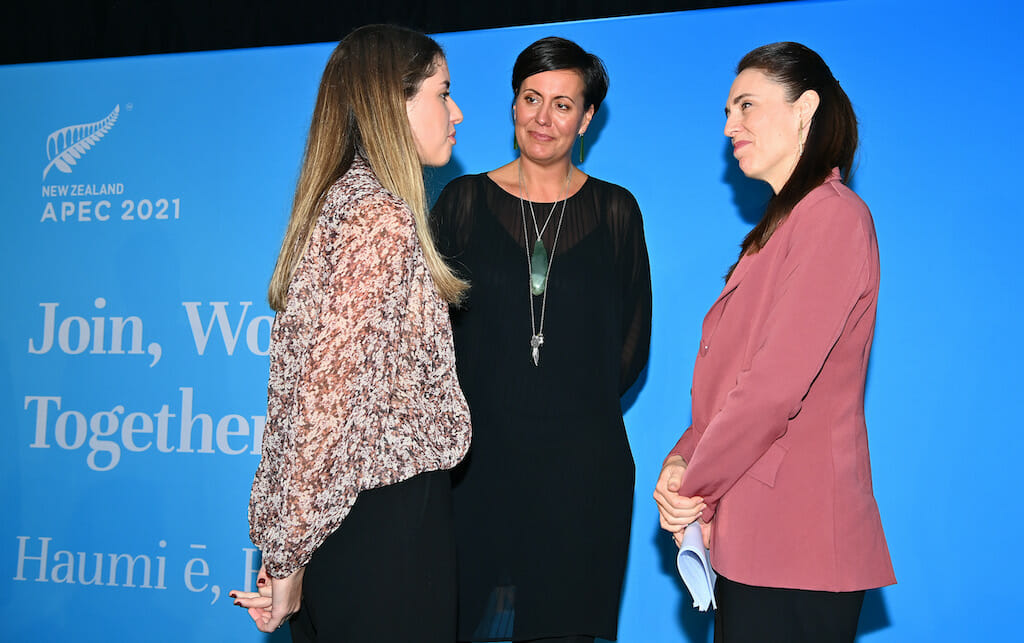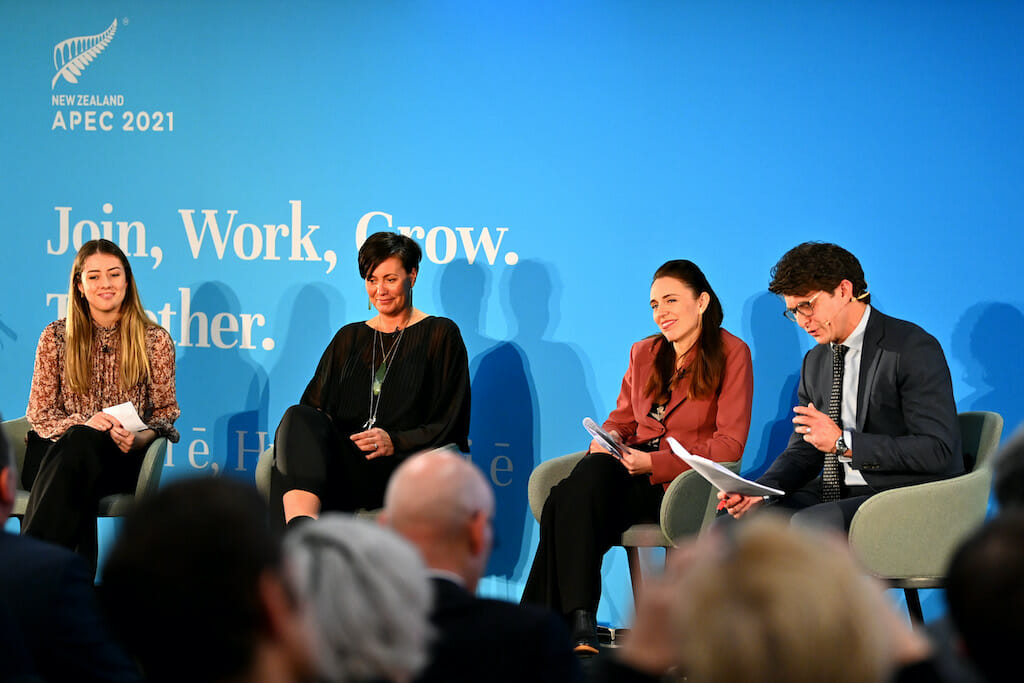New Zealand needs to ‘work smarter, not harder’ is the implication – and an injection of smart, skilled, internationally experienced Kiwi and their capital could certainly help New Zealand improve this statistic.
But that opportunity currently hangs in the balance as thousands of talented offshore Kiwi reassess their place in the world, and if there is a better life for them ‘back home’.
The Kea Future Aspirations Survey of offshore Kiwi and those recently returned, suggests a large group of these global citizens still plan to return, but the landscape is rapidly changing.

Sir Peter Gluckman recently said, “The window of opportunity for New Zealand to attract talent is evaporating as the developed world becomes vaccinated. Other countries, like Singapore, have moved swiftly, turning Covid-19 into opportunities to their advantage.
“Start-up and scale-up are very different, and scale-up requires globally orientated expertise we are short in – we need to work with these returning Kiwis or risk being left behind,” he said.
A key issue for returning Kiwi is satisfactory employment. While local businesses talk about skill shortages and a desperate need to attract international talent, our Kiwi explorers are expressing a growing disillusionment about the return home, with an issue of feeling valued front and foremost.
In fact, there is a significant mismatch between what Kiwi employers say they are offering and the experience of returnees.
On the positive side, the report shows that 64% of Kiwi businesses are proactively seeking internationally experienced Kiwi to fill positions.
Yet, while 46% of businesses indicate international experience is highly desired and a plus, only 38% of returnees expect local businesses to fully understand and value their overseas experience.
And while local employers suggest that returnee wage expectations are too high, returnees say they’ve already discounted themselves to meet the market.
In fact, 52% of returnees indicate that they expect to earn less, or significantly less, in New Zealand – a financial set-back, coming on top of the many issues of getting through MIQ, finding somewhere to live, getting visas for partners, school for kids and more.
The ongoing call for the careful opening of borders to allow more skilled migrants essential to business and exporters, is getting louder by the day. NZTech CEO Graeme Muller said recently there could be as many as 10,000 open tech roles in the market this month alone. Are we missing the opportunity to engage Kiwi who have, or are about to return home?
It seems that New Zealand employers are underestimating the total package that internationally trained and skilled expats present.
Ganesh Nana, Chair of the New Zealand Productivity Commission Te Kōmihana Whai Hua o Aotearoa recently commented that: “Internationally experienced Kiwi contribute to Aotearoa through distinctive skills, knowledge, and connections that can help lift innovation and the governance of our businesses and industries.
“We should look to capitalise on the strengths of returning and offshore Kiwis to deliver productivity lift and improvements to the wellbeing of all New Zealanders,” Nana said.
However, returnees are only half the story. The offshore Kiwi community is telling us they want to proactively contribute to New Zealand’s post-Covid recovery and ongoing success – if we give them the opportunity. The Kea report shows that of the 59% of Kiwi choosing to remain offshore, half of these are wanting to contribute to New Zealand in some meaningful way – with 18% of these interested in board and advisory positions. Their understanding of international business, the latest in technology, business processes and importantly their networks all serve to give our businesses a distinct advantage – if utilised!
The race is now on – with other nations starting to emerge from lockdown, vaccinating their populations and opening borders, the post-Covid talent grab has begun.
With New Zealand having one of the highest offshore populations in the OECD, the time is now if we are to take the opportunity to leverage their skills, knowledge and networks.
So, more needs to be done – urgently – to engage with our most talented Kiwi explorers whether they are remaining offshore or coming home, to help them with the hurdles they face and to properly value their skills and experience for the benefit of all.
This means as a nation we must recognise the value of our offshore population and better factor their potential into our planning and policy decisions.
It should also include:
- Closing the gap between returning kiwi and employers – encouraging employers to see the longer term, bigger picture implications of employing, valuing and retaining internationally experienced and skilled talent.
- Looking further afield for board appointments, advisory positions, hard to fill roles or investment with our offshore Kiwi a great place start. A gift from the COVID-era is a new appreciation for distance working, let’s set this in motion.
- Recognising that while the world’s borders remain closed now, the Post-Covid era will come, and with it, new opportunities and a need for fresh ideas and capital. Let’s foster our relationships with offshore Kiwi now and plan to be part of that future.
At Kea, we engage with our offshore and returning Kiwi every day. We field constant emails offering support and connection, we match offshore Kiwi with those on the ground who need them and we celebrate every successful integration we participate in.
If you’d like to enlist the ideas, experience and networks of our offshore Kiwi to support your business, get in touch with Kea and let’s engage more of our global explorers for a more productive New Zealand.
Click here to access the full #KeaFutureAspirations report
COMING HOME?
Resources
We’re here to support returning Kiwi. Here’s our list of resources to help you plan your return and next steps.
Jobs
Looking for a new role in New Zealand? Visit the Kea job portal and find your next career opportunity.

 MENU
MENU











